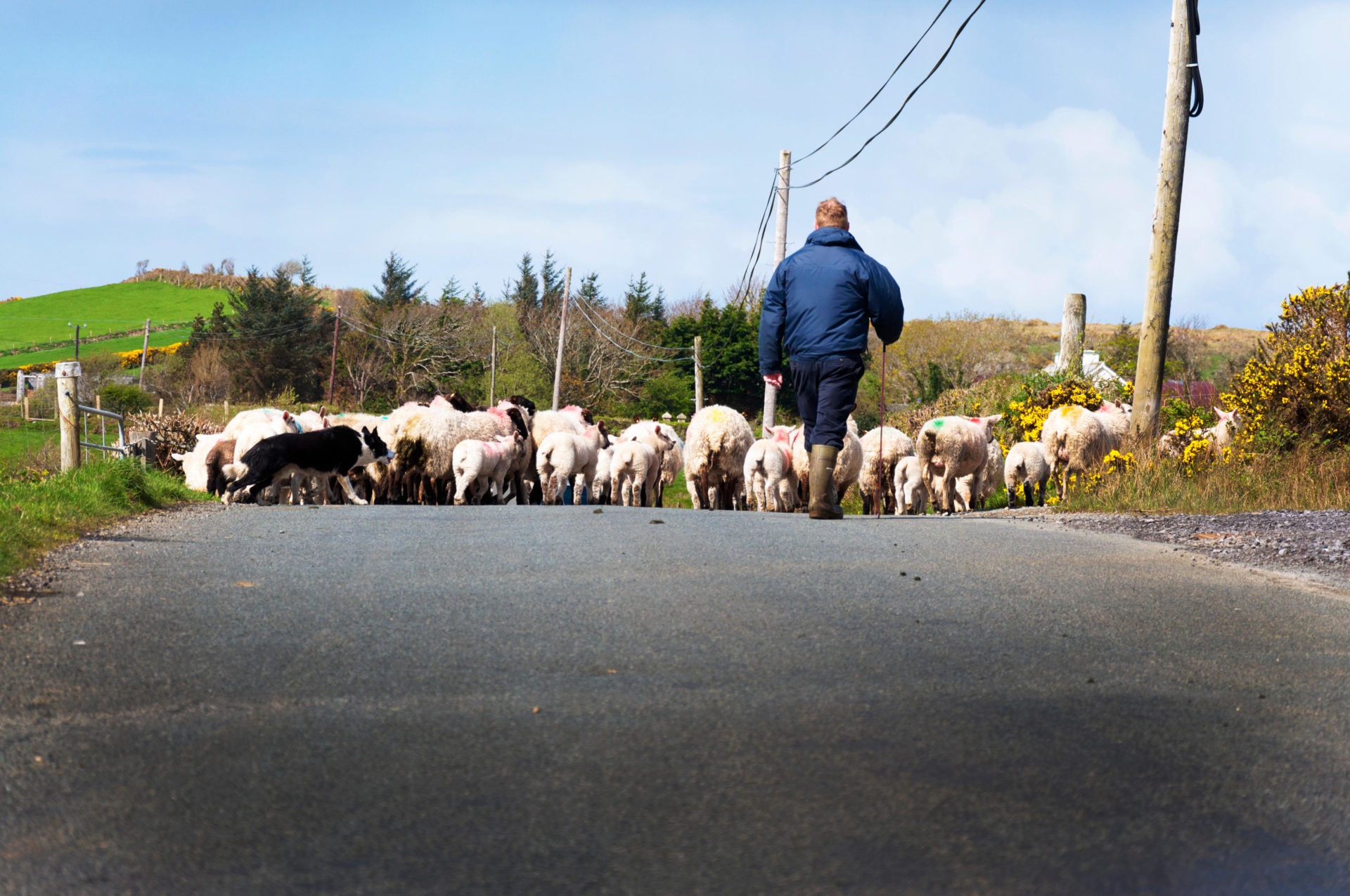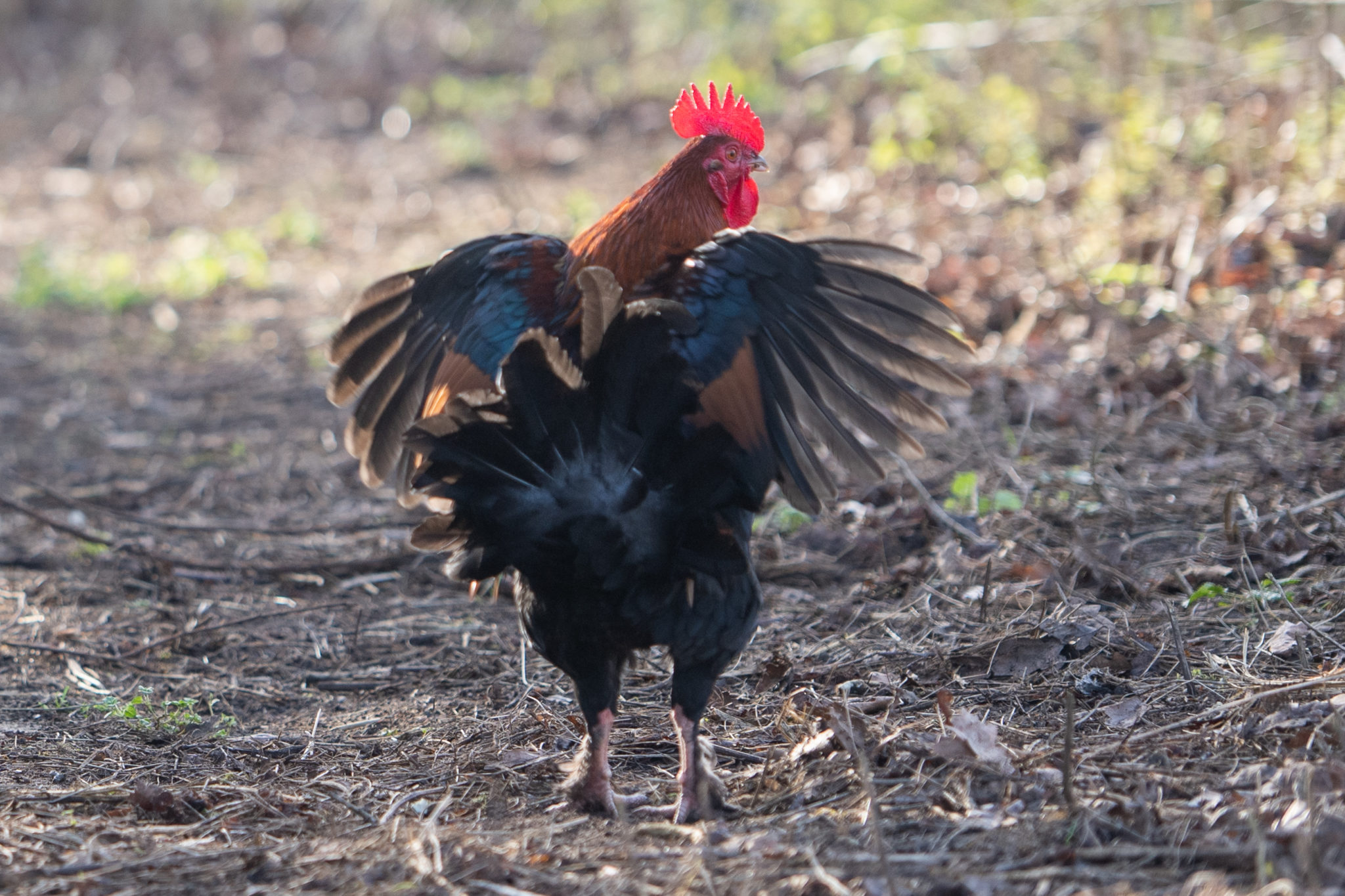There was ‘huge rage’ among farmers after the Environmental Protection Agency tweeted that people should be eating less meat.
On Monday, the body’s official Twitter account yesterday suggested that people should 'eat less meat' and try eating vegetarian meals instead.
The tweet was eventually deleted after a complaint from the Irish Farmers’ Association - but the organisation is still unhappy.
“Farmers were horrified when they heard about or read this tweet,” IFA President Tim Cullinan told Newstalk Breakfast.
“There was huge rage among our members.
“We contacted the EPA and we asked them to take down the tweet - which they did - and I think that was very important.”
The EPA is a Government-funded agency whose role it is “to protect, improve and restore our environment through regulation, scientific knowledge and working with others”.
 Sheep farmer with flock on road in County Donegal, Ireland
Sheep farmer with flock on road in County Donegal, Ireland
“The EPA has a role - they’re a regulator - and it’s the Government that governs and decides on issues around climate and around diet,” he said.
“People themselves make their own choices around diet - we don’t need an EPA man telling us what we can and cannot eat.”
Last year, the Government asked farmers to cut their emissions by a quarter by 2030 and Mr Cullinane predicted the target would be achieved.
 A cockerel near a housing estate.
A cockerel near a housing estate.“I disagree that producing meat in a sustainable manner is damaging the environment,” he said.
“The facts are, we were given the target to reduce our emissions by 25% one year ago.
“The EPA themselves, in their recent report, said farmers can already reduce those emissions by 19%.
“With the advances in science, we believe we can reach our target by 2030 and let the EPA look at other sectors and what they’re doing.”
Mr Cullinane said the EPA has agreed to meet the IFA next week but denied he wanted anyone punished for writing the tweet.
“No, I don’t want any action taken against anybody,” he said.
“We work with everybody and all we want is to understand how this came about and we don’t want to see it happening again.”
The Government has committed Ireland to reaching net zero carbon emissions by 2050.
Main image: A cow inside a farm. Picture by: Romy Fernandez/SIPA USA/PA Images.








